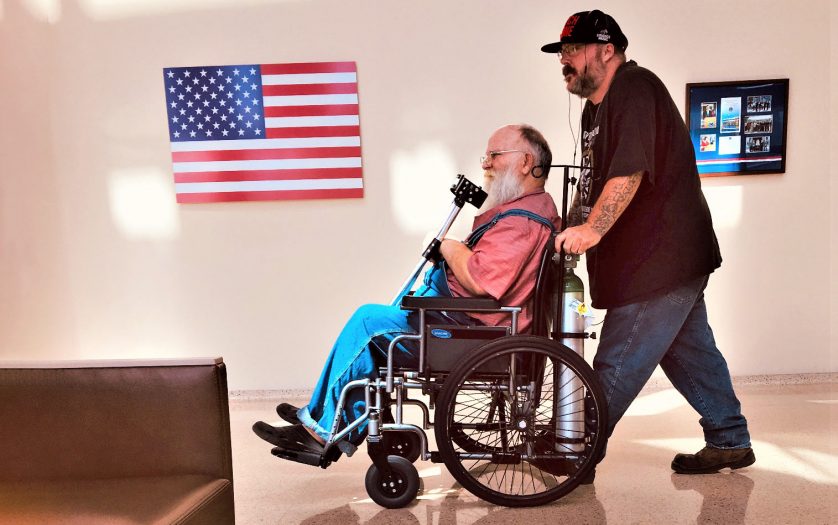
Voting is one of our most important civil rights, but it isn’t always accessible for people with disabilities. Paralyzed Veterans of America has launched the “Access Your Vote” campaign to help voters plan ahead to avoid problems during a challenging year.
A report from the U.S. Government Accountability Office about voters with disabilities, released on Nov. 2, 2017, found fewer than half of polling locations were accessible during the 2016 presidential election. This year, during the COVID-19 pandemic, things could become even more difficult for voters with disabilities, due to added cleaning and distancing protocols, longer waits, fewer polling locations and the risk of exposure to the virus.
Title II of the Americans with Disabilities Act requires state and local governments to ensure people with disabilities have full and equal access to all government-provided services, programs and activities, including the opportunity to vote. However, PVA members have reported barriers to voting in previous elections such as inaccessible sidewalks, insufficient accessible parking and long lines.
“Voting is an important civil right that our veterans have fought to protect. It should be accessible and safe for everyone, including those with disabilities, and PVA is making sure that happens. It’s especially important to help voters make a voting plan in a year that’s complicated by a pandemic,” says David Zurfluh, U.S. Air Force veteran and Paralyzed Veterans of America national president.
PVA represents veterans with spinal cord injury and disease, such as MS and ALS, and is urging all Americans, especially those with disabilities, to make an individual voting plan now by visiting PVA.org/vote for state-specific information, early voting guidelines and a checklist for creating an individual plan.
“People with disabilities absolutely need access to their polls. This is a community of over 60 million Americans, and the only way to ensure our needs are met is to make sure we can cast our votes with reasonable accommodations safely and securely in all 50 states,” says David Zurfluh.
For in-person voting, PVA recommends visiting your polling place ahead of time, so there’s time to report potential problems to local officials.








